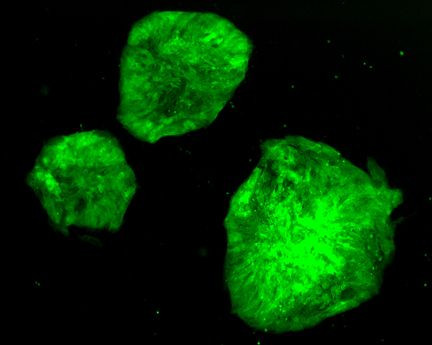Europe Court Ruling Threatens Stem Cell Patents

Europe's top court ruled today that stem cell scientific research derived from the destruction of a human embryo cannot be patented.
The ruling has great impact on the stem cell research industry which will likely re-direct stem cell research investments into the United States or Asia since Europe will not provide protection for patents.
"Companies now will not invest in these technologies because they cannot safeguard their investment" through patents, stem-cell researcher Oliver Bruestle of the University of Bonn, told the Wall Street Journal.
"It's a bitter pill for all of us to swallow," he said.
But the ruling is also a statement of the continent to the world regarding its ethical standard that has to do with the protection of human life.
"A process which involves removal of a stem cell from a human embryo at the
blastocyst stage, entailing the destruction of that embryo, cannot be patented," said the Court of Justice of the European Union in a press release.
The embryo's blastocyst stage is before it is implanted in the womb, and when it consists of around 80 to 100 cells.
"The use of human embryos for therapeutic or diagnostic purposes which are applied to the human embryo and are useful to it is patentable, but their use for purposes of scientific research is not patentable," it elaborated.
Europe's Christian community welcomed the decision.
"This decision protects life and the human dignity in its early development," said Gregor Puppinick, Director of the Christian-inspired group European Centre for Law and Justice.
The Commission of the Bishops' conferences of the European Community also reacted to the ruling.
"This judgment therefore provides a broad, scientific sound definition of a human embryo. Indeed, fertilization marks the beginning of the biological existence of a human being that undergoes a process of development," the group said.
The commission said the human embryo "must be considered a human being with potential, and not just a “potential human being.”
The case originally concerns a patent held by Oliver Brüstle since 1997 in relation to a process using embryonic stem cells in order to treat neurological diseases. This patent was challenged by Greenpeace in the German Federal Court of Justice which later referred it to the Court of Justice.
Stem cells have the potential to develop into many different cell types in the body and are being used in clinical trials in attempts to repair and regenerate diseased tissue.
Published by Medicaldaily.com



























